Geekbench scores for the newly announced Mac mini with M2 and M2 Pro chips have revealed a significant increase in performance compared to the previous-generation Mac mini and previous M1 Pro and M1 Max devices.
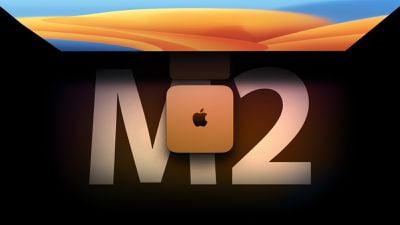
The scores reveal that the Mac mini with M2 Pro achieved a single-core score of 1,952 and a multi-core score of 15,013 for a configuration with 16GB of unified memory. For comparison, the previous M1 Mac mini achieved a single-core score of 1,715 and a multi-core score of 7,442.
The Geekbench scores are the first we've seen for the new M2 Pro, which is also available on updated 14-inch and 16-inch MacBook Pros. While we've yet to see Geekbench scores for the updated MacBook Pros, M2 Pro's performance with the Mac mini is unlikely to differ greatly from its performance with the new Mac notebooks.
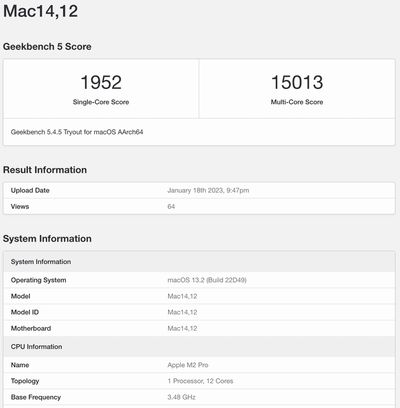
The M1 Pro in the previous-generation 14-inch and 16-inch MacBook Pro scored a single-core score of 1,734 and a multi-core score of 10,076 compared to a single-core of 1,952 and a multi-core score of 15,013 for the M2 Pro. The M2 Pro, according to these results, also beats the M1 Max, which achieves 1,727 single-core and 12,643 multi-core scores.
Geekbench scores for the Mac mini with the M2 chip have also surfaced, revealing similar performance to the M2 MacBook Air announced in June 2022.
Users can configure the Mac mini with M2 with up to 24GB of unified memory, compared to 16GB with the previous M1 model. With the M2 Pro, Mac mini models can be configured with 32GB of unified memory. 14-inch and 16-inch MacBook Pros powered with the high-end variant of M2 Max can have up to 96GB of RAM.
Both the updated Mac mini and 14-inch and 16-inch MacBook Pro are available for pre-order on Apple's website and will begin arriving to customers on Tuesday, January 24.


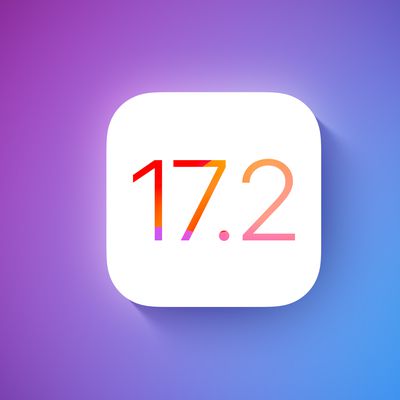



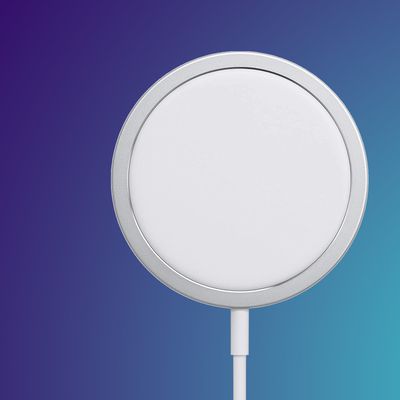


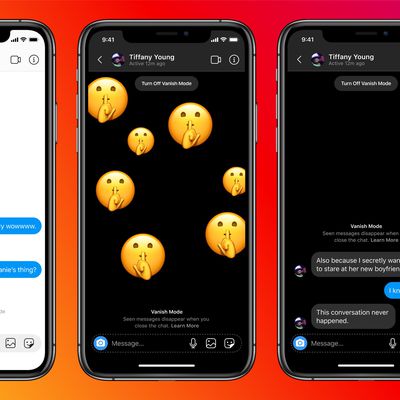













Top Rated Comments
And what about the performance when unplugged?
Now, Raptor Lake-HX does handily beat the M2 Pro. ('https://browser.geekbench.com/search?utf8=✓&q=13980hx') But then we're talking 55-157W, which is way more.
So, in terms of performance per watt, Apple is still well ahead.
We don't need faster chips, we need more grunt-per-watt and that's what Apple are doing.
So, single-core is up 12.1% (meh), and multi-core is up 23.7%. But the clock is also up 9.4%, so at the same clock, single-core is only up 2.5% and multi-core 13.1% (in part explained because there's 8+4 cores instead of 8+2).
Not terrible for 14 months, but not fantastic either.
except one is quite cool and power efficient while the other is hotter than the sun